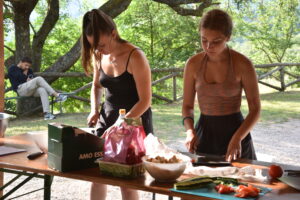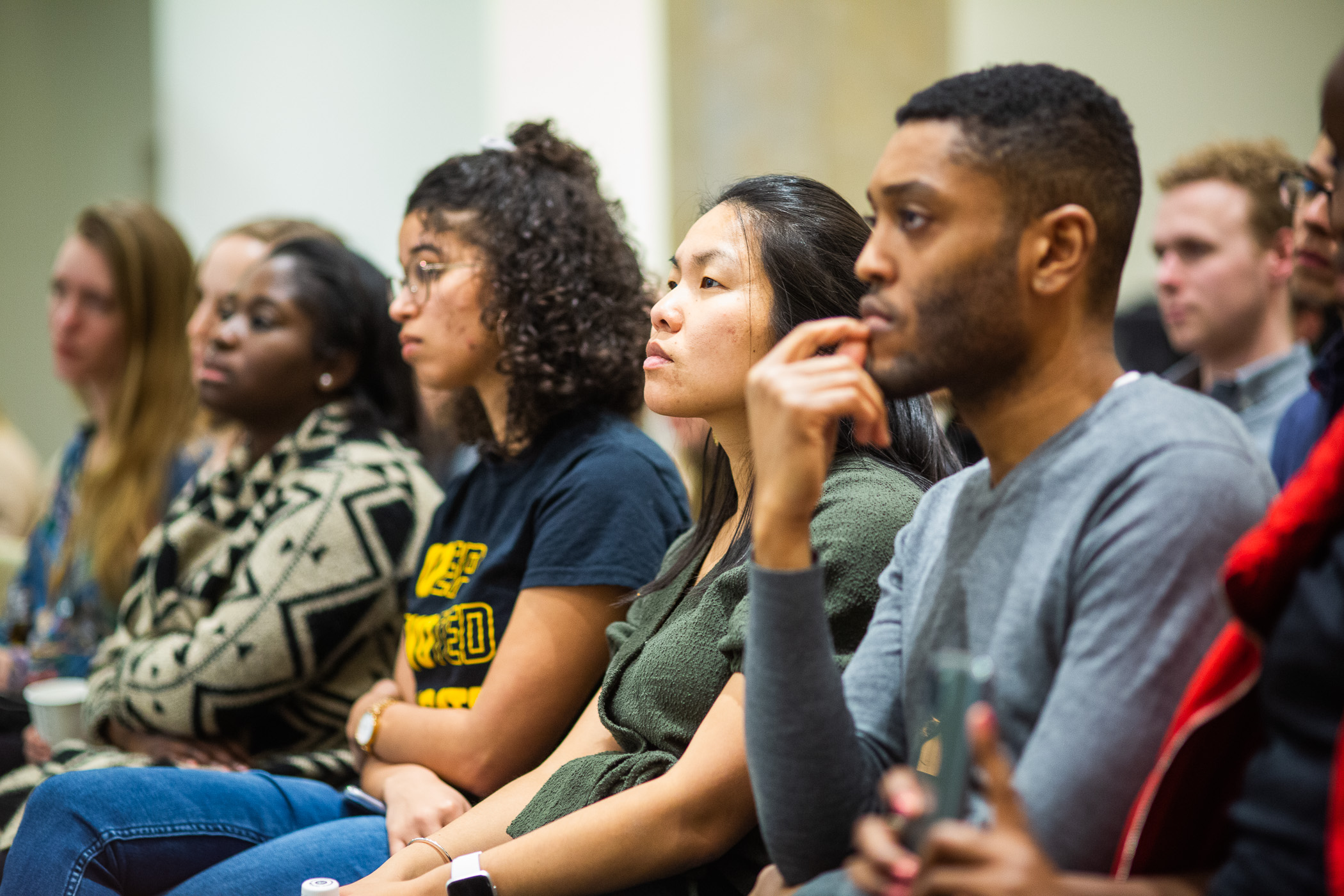UK, Greece, Turkey, Lithuania, Austria, Portugal
RESPECT is an Erasmus+ project created by the University of Gloucestershire (UK) involving schools and educational institutions from Greece, Turkey, Lithuania, Austria and Portugal. The aim of the project is to enhance 12-14-year olds social and civic competences, helping better understand the consequences of their individual and collective actions for themselves, their local and national and international communities. Also, the project aims to investigate how individual and collective behaviours affect environmental issues by engaging in clearly visible behaviours e.g. purchases with different packaging, and evaluate more subtle choice outcomes e.g. different clothing fibre compositions, laundry routines.
This is achieved through a multiplayer Serious Game in which the player collects points by answering questions in topics such as: food habits, intensive meat and dairy production, monoculture, urban agriculture and self-production, food zero waste and some other fashion related topics. Then, the player redeems those point by buying cards, where each card corresponds to a consumption choice and has a specific score that relates to the financial, environmental, well-being and social effect of this choice. In the end, the players are ranked on a scoreboard. The game allows multiple connections to school curricula, enhance learning opportunities and develop pupil knowledge on short and long-term issues with economic, social and green costs.
One challenge in projects like this is ensuring the sustainability of the project’s impact after its completion. Integrating the project’s outcomes and learning into the regular curricula or even just affecting students’ habits requires continuous promotion and dissemination of the project and the Serious Game and this cannot be done without continued financial support and resources, so the project’s impact may diminish over time.
Due to the project’s limited budget, there might be constraints on reaching a broader audience beyond the participating schools. Scaling up the project to reach more students and schools can be challenging without additional funding and resources.



